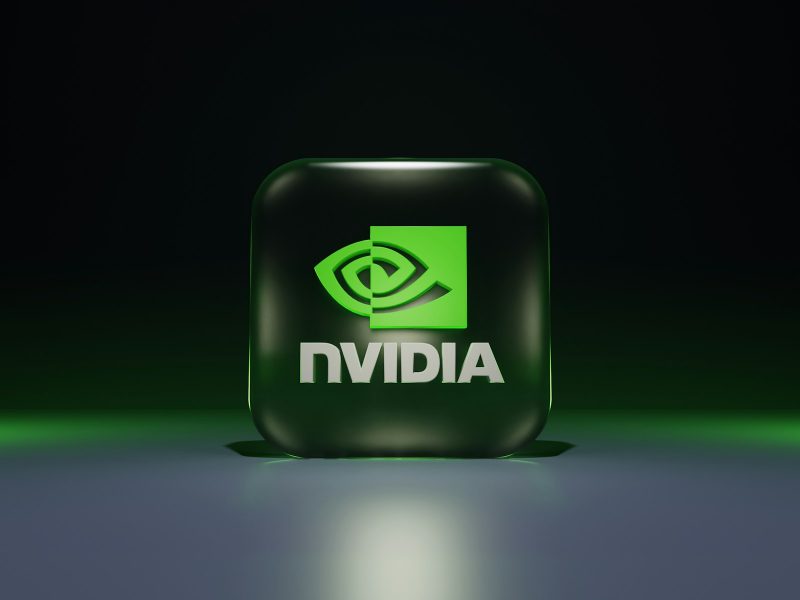On Monday, Nvidia introduced a new generation of chips and graphics processing units (GPUs) named Blackwell, aimed at boosting and enhancing, among other sectors, the generative artificial intelligence (AI) industry.
The leading semiconductor manufacturer in the U.S. claims that its Blackwell B200 GPUs offer a significant performance improvement, reaching speeds of 20 petaflops thanks to 208 billion transistors. “They are the engine that will drive this new industrial revolution,” stated CEO Jensen Huang at the company’s annual event in San Jose, California.
Nvidia also unveiled its Blackwell GB200, dubbed the “world’s most powerful chip,” which combines two B200 GPUs and a Grace CPU that can communicate at speeds of up to 10 terabytes per second. Thus, it can provide “up to 30 times” more performance for large language model (LLM) workloads while being substantially more efficient. “It reduces cost and power consumption by up to 25 times,” the company highlights.
Named after mathematician David Harold Blackwell, known for his work in game theory and statistics and the first African American to be elected to the National Academy of Sciences, the Blackwell superchip family will replace Nvidia’s popular Hopper H100 superchip series by the end of this year. The H100 series propelled Nvidia to become one of the world’s most valuable companies, with nearly all AI companies using them to train large language models that power services like ChatGPT.
However, Blackwell promises to take this practice to another level. According to The Verge, previously, to train a model with 1.8 trillion parameters required 8,000 Hopper GPUs and 15 megawatts of power. Now, 2,000 Blackwell GPUs can do it consuming just four megawatts.
Blackwell is several times faster at handling the models that underpin AI and, therefore, will become the working foundation for many leading companies such as Amazon Web Services, Dell Technologies, Google, Meta, Microsoft, OpenAI, Oracle, Tesla, and xAI. “Working with the world’s most dynamic companies, we will make the promise of AI a reality for all industries,” Huang stated.
This technology is expected not only to benefit the leading AI pioneers but also to enable advancements in “data processing, engineering simulation, electronic design automation, computer-assisted drug design, and quantum computing,” claims the multinational company.
